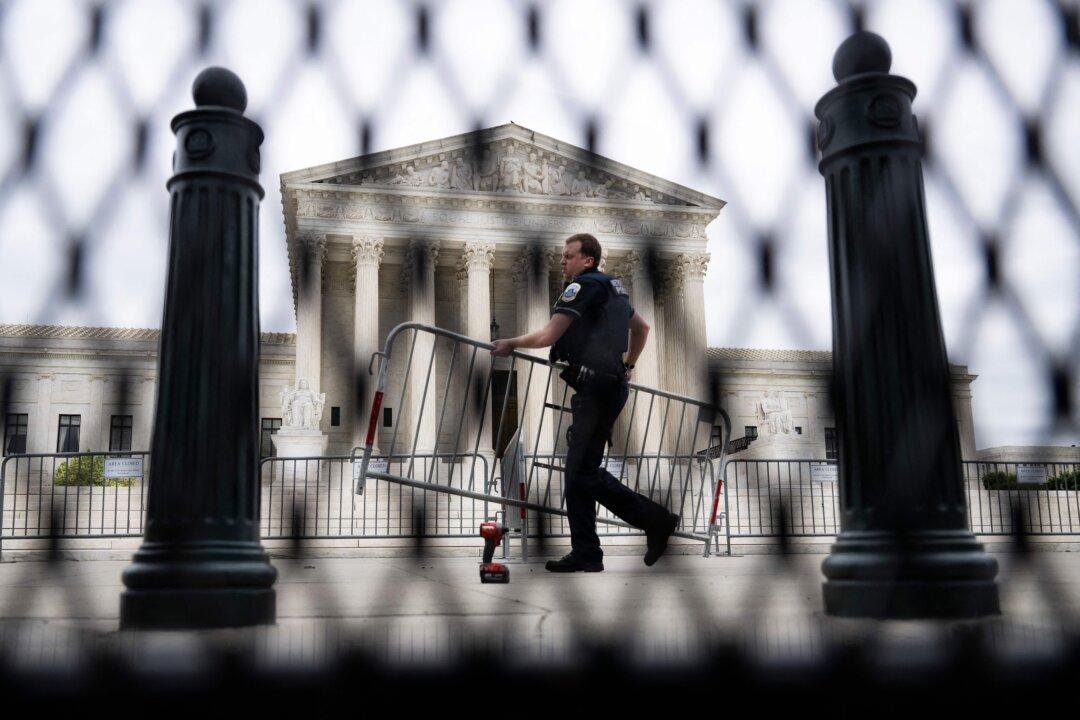The Supreme Court announced on June 6 that it would hear the appeal of two Montana property owners who claim the U.S. Forest Service unilaterally and unlawfully changed the terms of a decades-old public access agreement affecting their private land.
The case is Wilkins v. U.S., court file 21-1164, an appeal against a ruling by the U.S. Court of Appeals for the 9th Circuit, which threw out the property owners’ claim on procedural grounds. The case concerns the federal Quiet Title Act, which allows parties to sue the United States government in property disputes under certain conditions.





